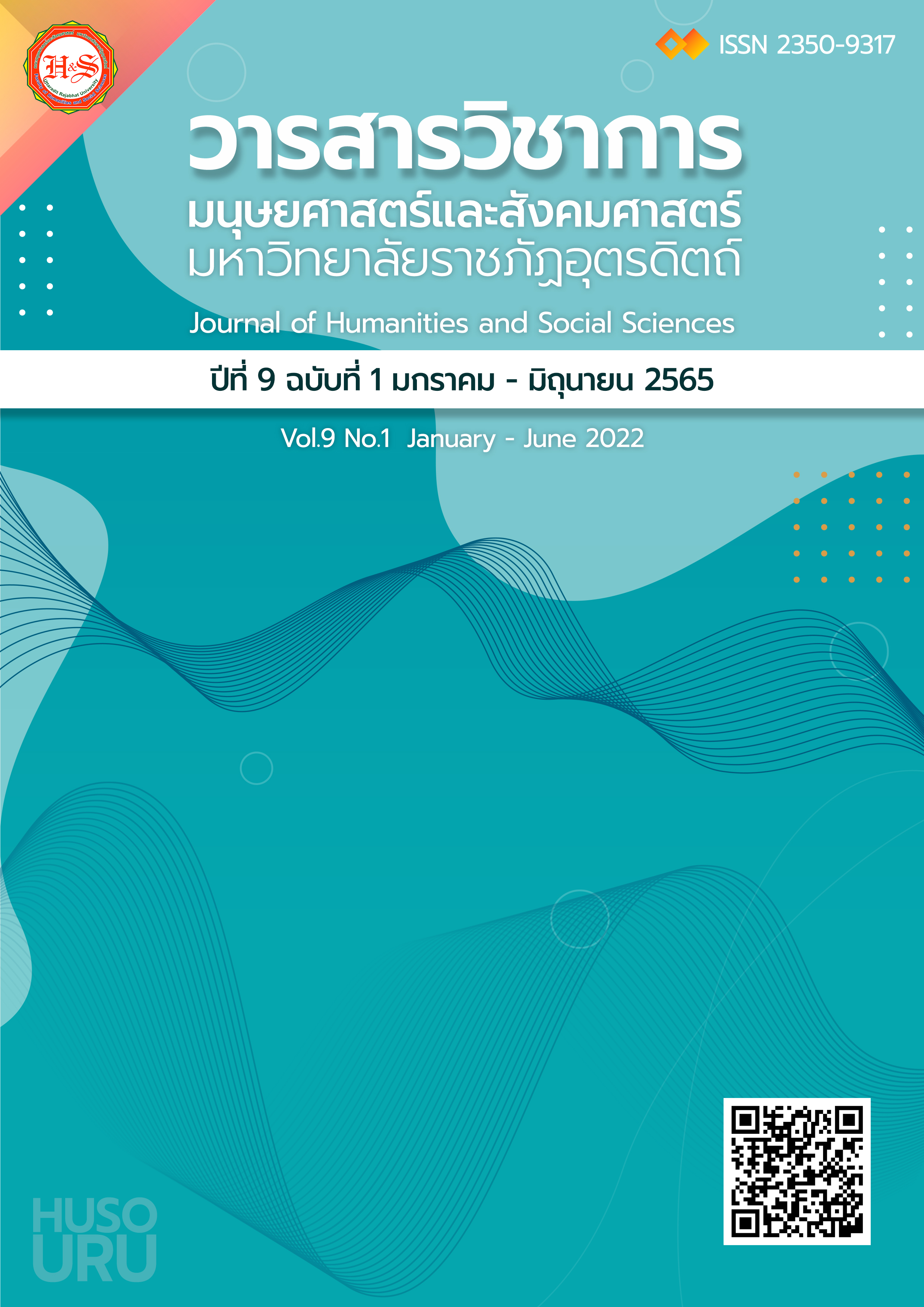Motivation in Music Learning within Cognitive Theories
Keywords:
motivation, cognitive, expectancy, value, goal, attributionAbstract
Abstract
Music is the discipline that requires many aspects of learning: knowledge, skills, and expressions. Therefore, motivation is one of the most important and complex factors which
plays an essential role in supporting more effective music learning. Students who are
encouraged to learn music could possibly be driven from different types of motivation. It is
useful and meaningful for music teachers to apply knowledge about different ways of motivating students; therefore, effective music learning and teaching could be designed and conducted. To begin with, motivation can be divided into two main types: extrinsic motivation and intrinsic motivation. Moreover, there were three group of learning theorists who presented different perspectives in motivation: behavioral theory, cognitive theory, and self theory. In this article cognitive theories in motivation, which focused on how students think about and perceive in music learning, will be specifically identified and illustrated. The cognitive theories will be divided into three different theories: Expectancy-Value Theory, Goal Theory, and Attribution Theory. This article could be helpful for music teachers to be able to implement these principles in order to support students’ motivation in music learning.
References
เอกสารอ้างอิง
Attribution Theory. Retrieved December 8, 2021, from https://courses.lumenlearning
.com/edpsy/chapter/attribution-theory/
Austin, J., Renwick, J. & McPherson, G. E. (2006). Developing Motivation. The Child as Musician:
A Handbook of Musical Development, 213-238
Cherry, K. (2020, January 15) Differences of Extrinsic and Intrinsic Motivation. Retrieved
December 3, 2021, from http://www.verywellmind.com/differences-between-
extrinsic-and-intrinsic-motivation-2795384
Durwin, C. C. & Weber, M. R. (2018). EdPsych Modules (3rd ed.). California: SAGE
Publications, Inc.
Expectancy-Value Theory. Retrieved December 8, 2021, from https://courses.lumen
learning.com/edpsy/chapter/expectancy-value-theory/
Hallam, Susan (2017). Music Psychology in Education. London: the Institute of Education,
University of London.
McLachlan, M. (2017). The Psychology of Piano Technique. England: Caligraving Ltd.
Renwick J. K. & Reeve J. (2012). Supporting Motivation in Music Education. The Oxford
Handbook of Music Education, (1), 143-162
Theories of Motivation. Retrieved December 8, 2021, from https://courses.lumenlearning
.com/edpsy/chapter/theories-of-motivation/
Tocino-Smith, J. What is Locke’s Goal Setting Theory of Motivation?. Retrieved December
, 2021, from https://positivepsychology.com/goal-setting-theory/
Downloads
Published
How to Cite
Issue
Section
License
Copyright (c) 2022 Journal of Humanities and Social Sciences Uttaradit Rajabhat University

This work is licensed under a Creative Commons Attribution-NonCommercial-NoDerivatives 4.0 International License.
บทความเป็นลิขสิทธิของคณะมส. มรภ อต.



